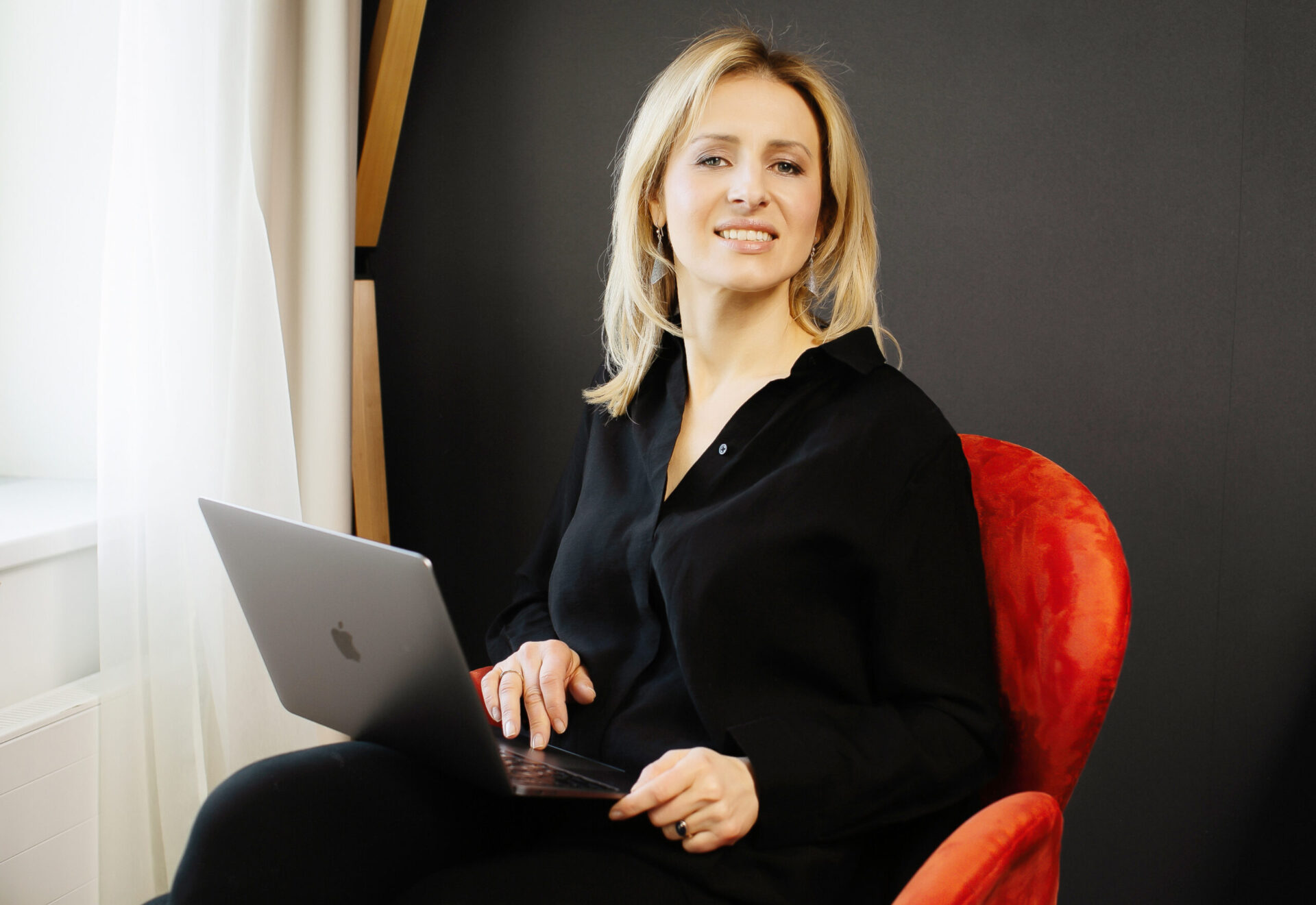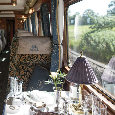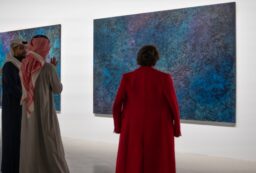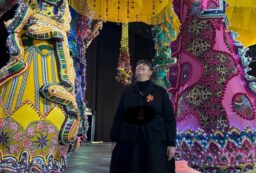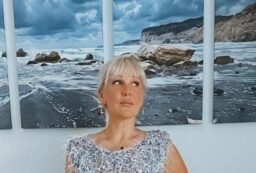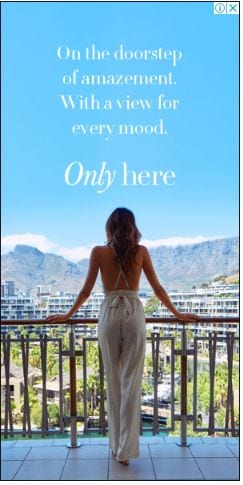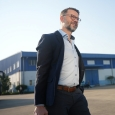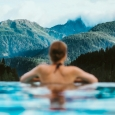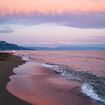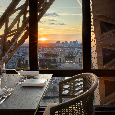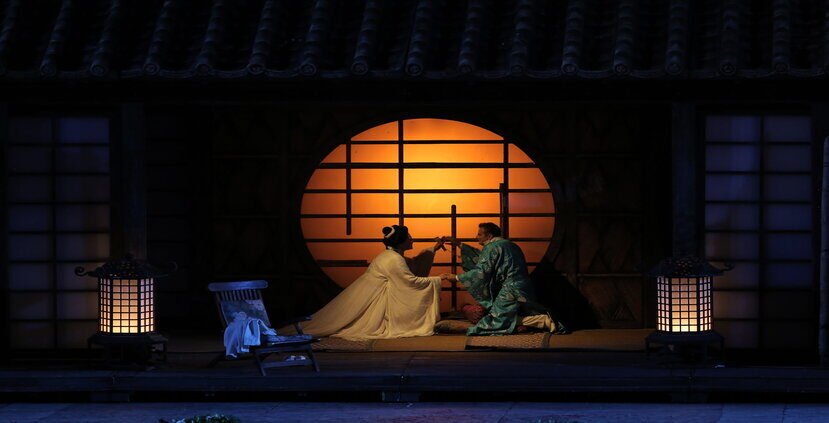
As the skies slowly dim and twilight deepens, silence breaks over the hushed crow. “Celeste Aida, forma divina”… (Heavenly Aida, goddess of Beauty) – Verdi’s dramatic music fills the air. Time freezes. Over 10,000 spectators from all over the world, opera aficionados and neophytes alike hold their breath in awe. They say Italy and opera are a match made in heaven. The Arena di Verona has created heaven on earth for over a century with the summer Opera Festival. It features a parade of international superstars performing in the most beloved productions.

Every summer the Arena di Verona Festival presents an anthology of the world’s most celebrated operas. These include Verdi’s Rigoletto, Puccini’s Tosca, Rossini’s The Barber of Seville, and Bizet’s Carmen among others. The programme consists of several opera titles and galas between the middle of June and the beginning of September. All are performances from the world’s most illustrious opera singers as well as a few eagerly awaited debuts from the brightest young performers.
This massive amphitheatre in the heart of Verona’s historical centre is one of the most striking monuments of the ancient Roman era. It is also the third largest in Italy after the Colosseum in Rome and the Capua Amphitheatre in Naples. Just like the Colosseum, Romans had built it for the entertainment of sorts, including such gory diversions as gladiator fights. Later residents used it as a stone quarry for the construction of houses nearby, for the administration of justice, and then again for pastimes like medieval jousts, races, and parties.
"Italy and opera is a match made in heaven."
It wasn’t until 1913 when the tenor Giovanni Zenatello pitched the idea of an international summer opera festival to be held at the Arena di Verona. In addition to an unrivaled seating capacity, this marvel of Roman architecture boasts nearly perfect acoustics. The legend states that back in 1913 Zenatello had demonstrated this by dropping a coin in the middle of the Arena. Thus a new era in the history of opera began.
The Arena di Verona Opera Festival turned into a platform for experimentation for top directors, artisans, musicians, and singers. The very first performances immediately stood apart with their bold scenographic style and innovative technologies. These featured never seen before three-dimensional stage sets, jaw-dropping parades of extras, lavish handmade costumes, and even a menagerie of animals including camels and elephants. Some of the world’s most famous opera singers from Maria Callas to Placido Domingo have performed multiple times at the Arena di Verona Festival.

The first Arena di Verona Opera Festival in 1913 opened with Verdi’s Aida to celebrate the centenary of the composer’s birth. Since then, Aida had become the event’s signature production. And nearly every time it left the spectators speechless with its grandiose scenography: once a small lake was set up on stage as a live metaphor of the river Nile. The 100th Arena di Verona Festival marked its anniversary inaugurating the new production of the stage’s “opera queen.”

“Aida’s story is that of a world at war”, says director Stefano Poda, who for more than twenty years has been staging artfully crafted productions in theatres all over the world, “a war that divides two neighbouring peoples into mortal enemies. But the opera itself ends with a whisper of peace: A Dantesque journey that from infernal beginnings, ends in a finale with a celestial vision”.
The new production of the most expansive of the grand operas features a star-studded cast with soprano Anna Netrebko as Aida and tenor Yusuf Eyvazov as Radames, opera’s “golden couple” on stage and off and the Festival’s regulars. Radamès has been Eyvazov’s trademark since his debut in the Amphitheatre: his performance has made him one of the world’s artists of reference for this role – one of Verdi’s most demanding.
"Each performance is a unique jewel, each evening a first night, of unrepeatable artistic and emotional value."
Another exceptional event in the Festival’s recent history is Rigoletto, which had previously been absent from the summer programme for several years. The new staging of this Verdi’s self-defined “best opera” is a homage to the Italian Neo-realist cinema of the 1950s with a star-studded cast played by some of today’s most sought-after baritones: Roman Burdenko, Ludovic Tézier, Luca Salsi as well as a few debuts.

Every summer the Arena di Verona Opera Festival honours global music heritage by attracting a spectacular list of international voices. The 100th Festival guest stars included Jonas Kaufmann, Juan Diego Flórez, Plácido Domingo who has been a star of summers at the Arena since his début in 1969, Roberto Bolle, and the Orchestra and Chorus of La Scala conducted by Riccardo Chailly. In addition, during the first and the last stagings of Verdi’s La Traviata, La Scala’s dance couple of excellence, the principal performers Nicoletta Manni and Timofej Andrijashenko, who had left the audience tearful after their surprise wedding vows on the Veronese stage during Roberto Bolle’s gala, also made guest appearances.

Each performance is a unique jewel, each evening a first night, of unrepeatable artistic and emotional value,” says Stefano Trespidi, Deputy Artistic Director, of the Festival experience.
When the world’s grandest operas are performed under the stars at the two-millennia Roman amphitheatre on the largest open-air stage in the world, it’s undoubtedly the most extraordinary celebration of both music masterpieces and Italian historical heritage. And even if one is a complete novice to the opera scene, this experience will surely become one of the most cherished memories of Italy.



